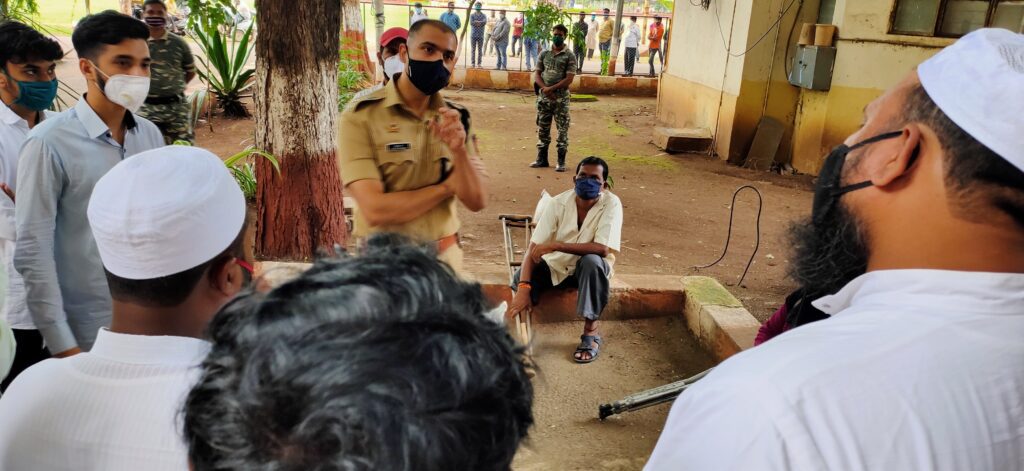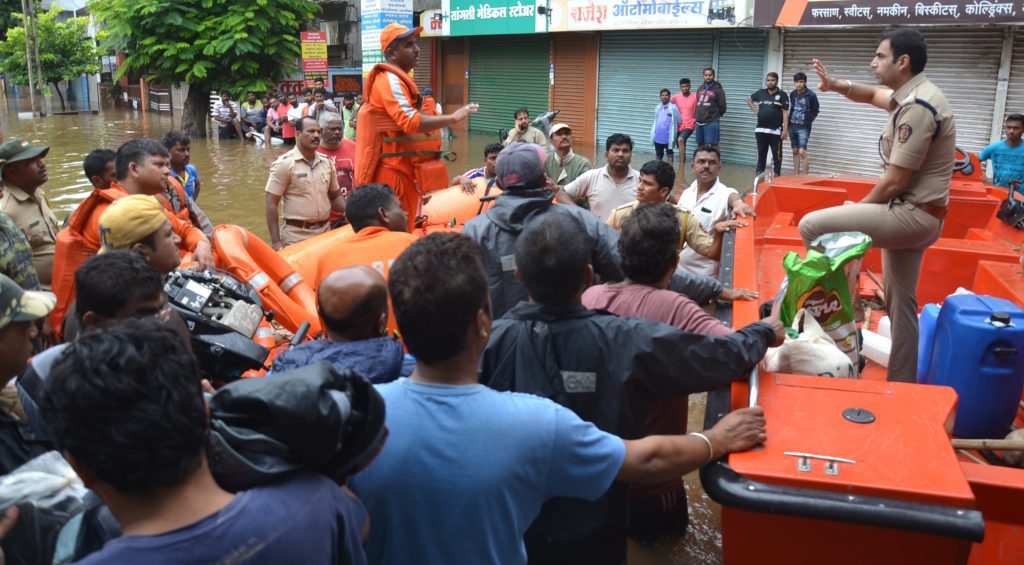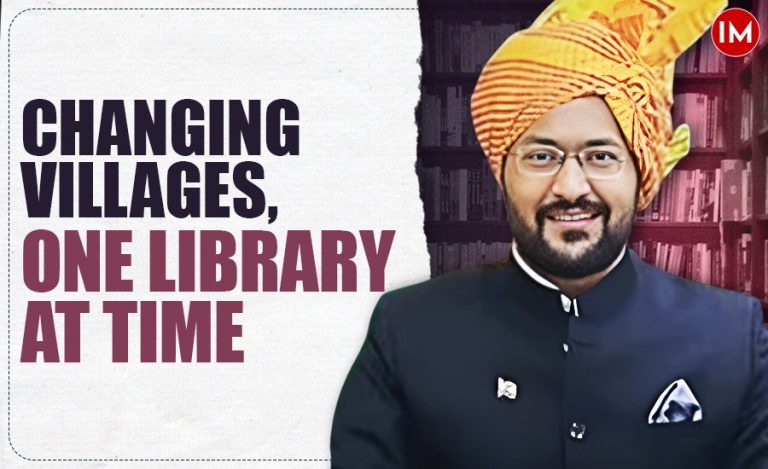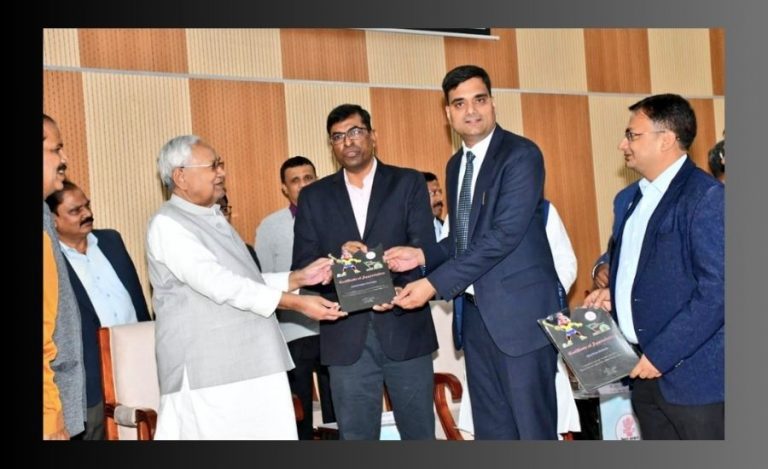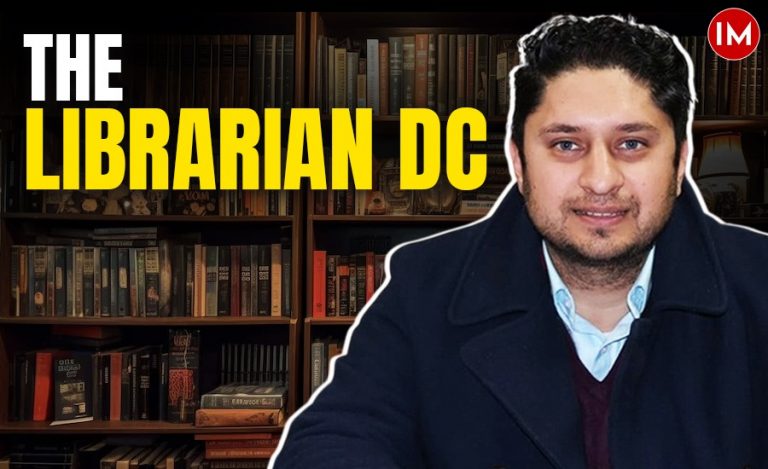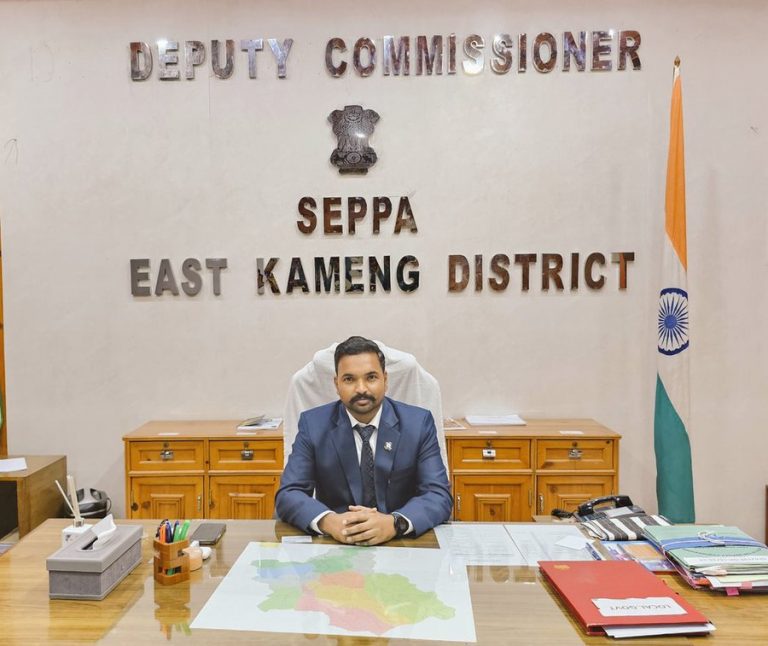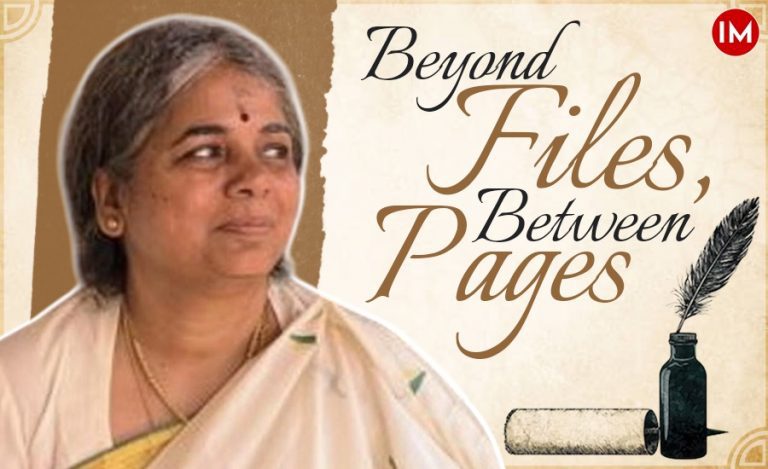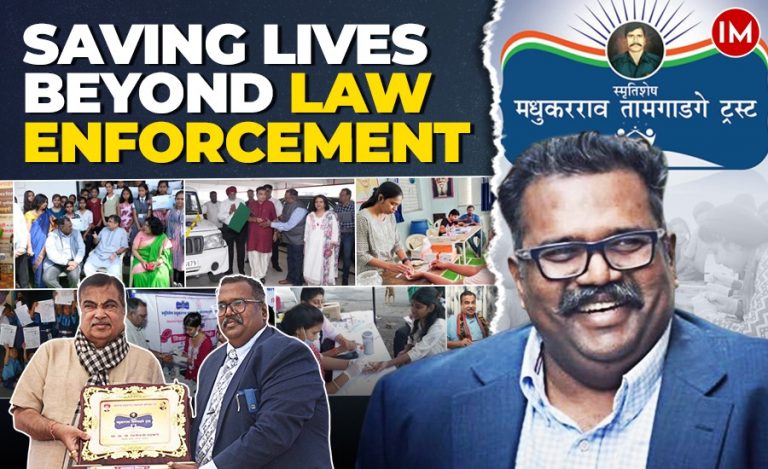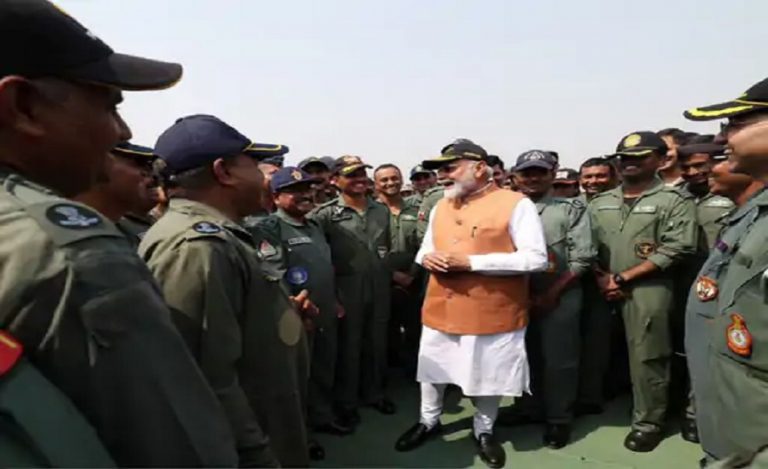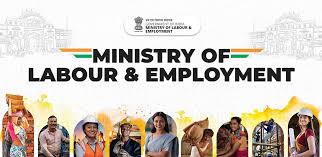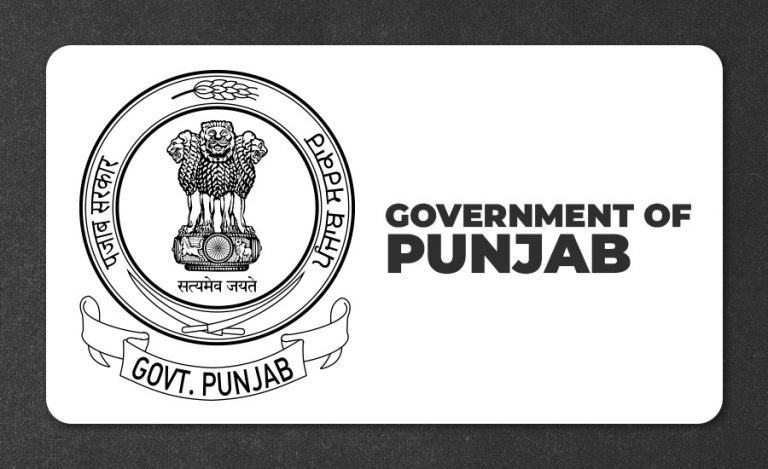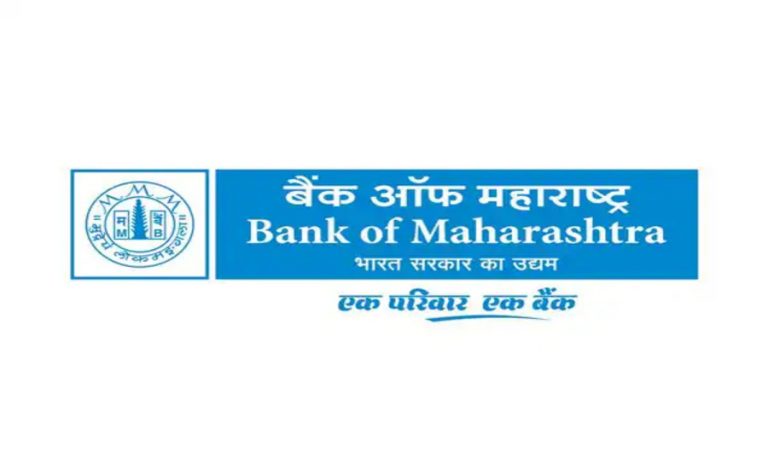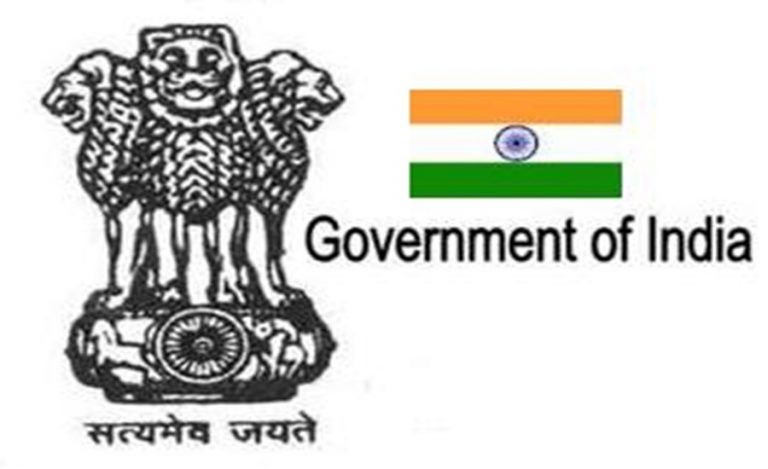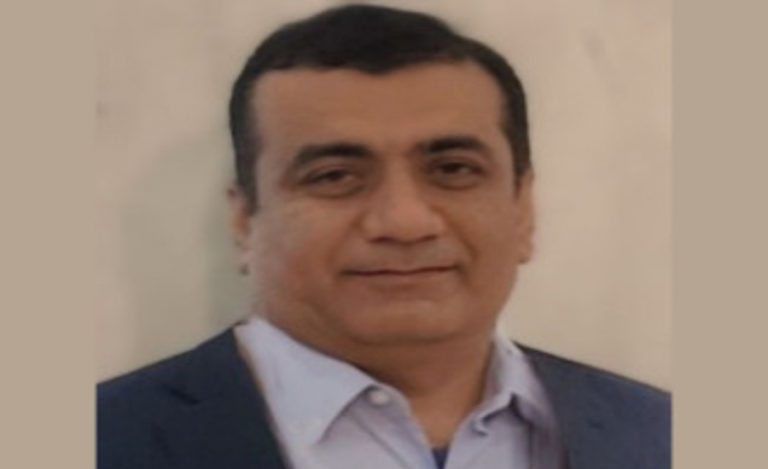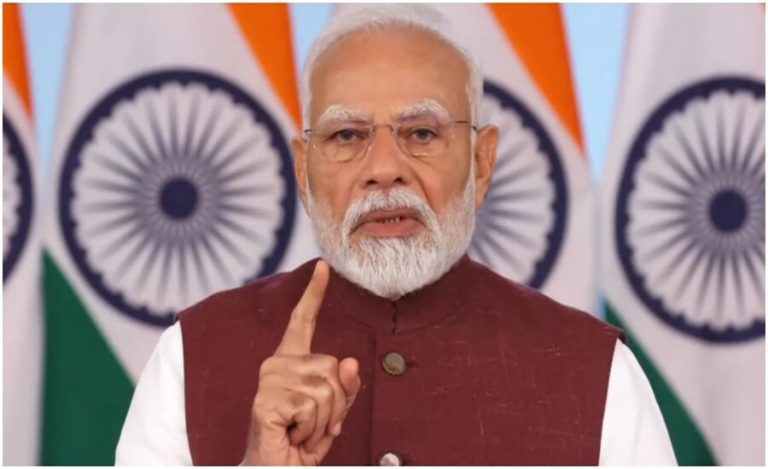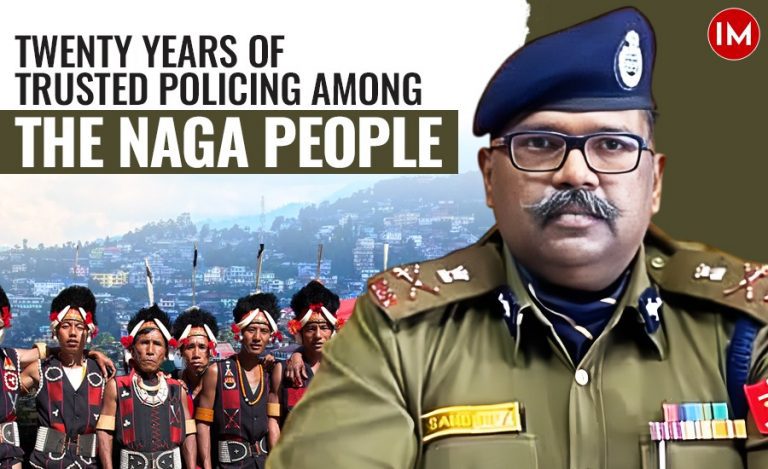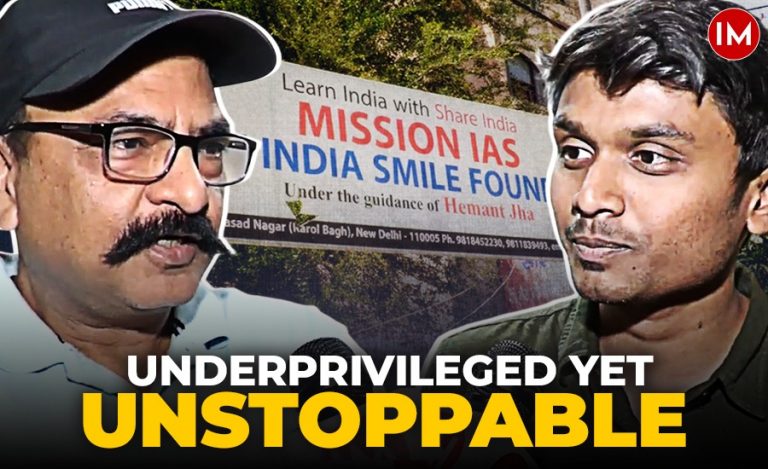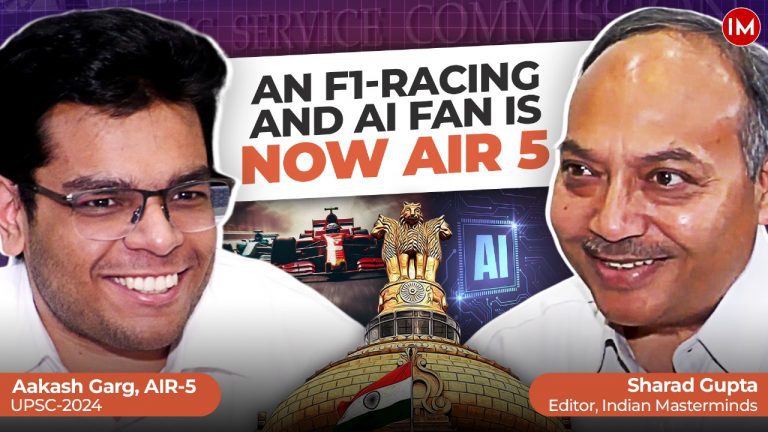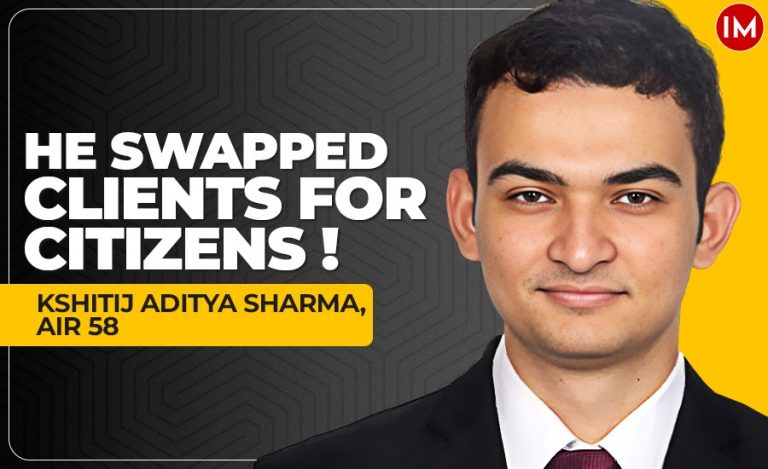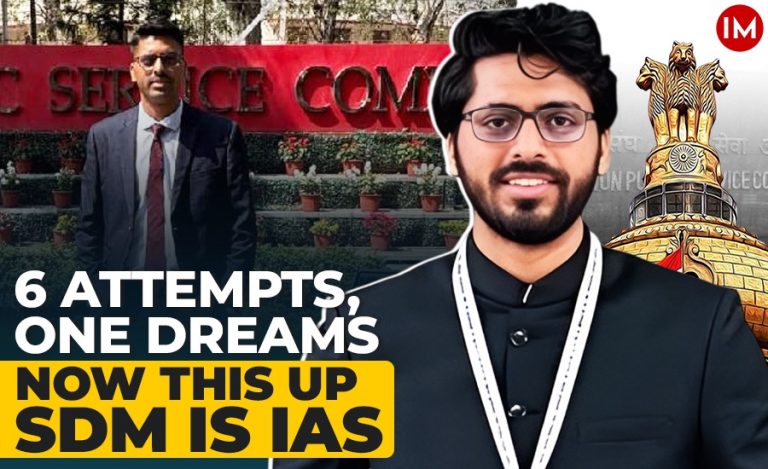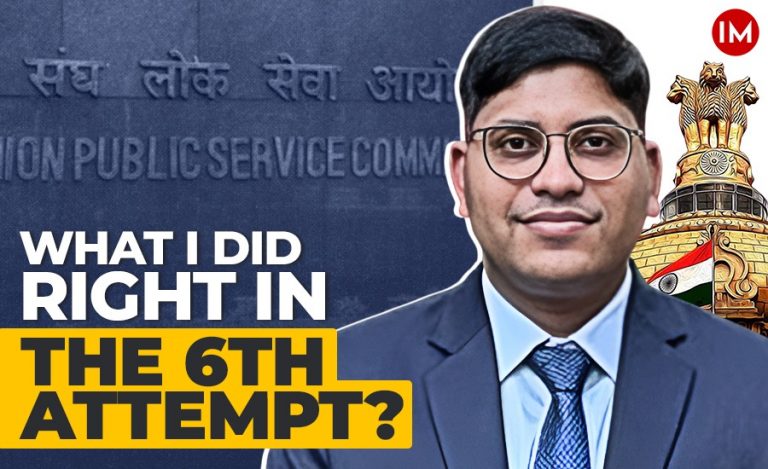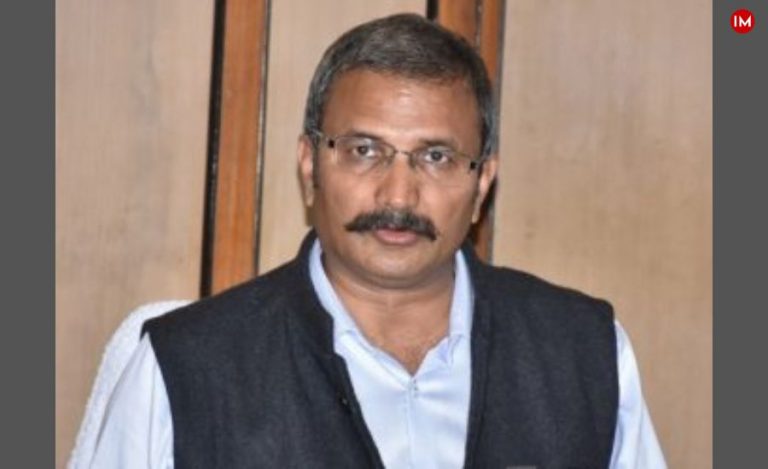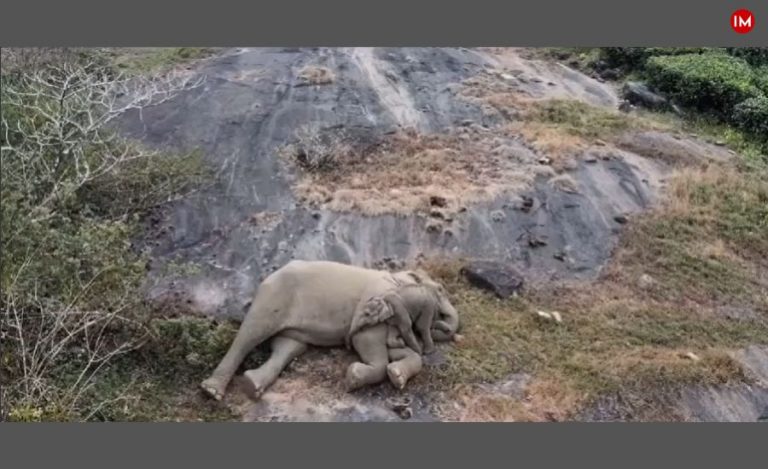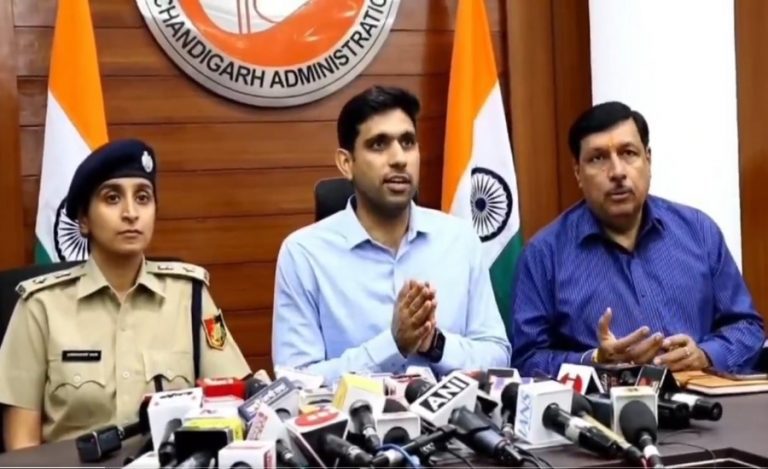Someone who’s not scared of risking his life, whether it is fulfilling his passion for climbing Everest or rescuing people from the devastating floods, IPS Suhail Sharma thinks of the nation before his own self. In an exclusive conversation with Indian Masterminds, he shared all about his adventurous life and his service to the nation.
A Maharashtra cadre IPS officer of the 2012 batch, Mr. Sharma joined the Himalayan Mountaineering Institute, Darjeeling, and did a special course to climb Everest. “After the course, I was confident that I won’t be a liability and may become a source of strength to others, on the mountain,” he said.
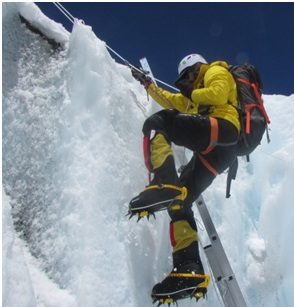
LIFE-THREATENING EVEREST EXPEDITION
In 2015, Mr. Sharma made his first attempt to conquer Everest. He started climbing from the Nepal side, but an earthquake there, accompanied by an avalanche, halted his progress. The mountains were shaking like cards and Mr. Sharma was stuck up on a hill. “Mt. Pumori dislodged and tons of ice, snow, and rock were rushing towards us at a lightning speed. I surrendered to my fate and remembered my late father to whom I was dedicating the summit. I got trapped under ice and totally lost track of time but thankfully, I came out alive from under the snow and rocks. Many were not as lucky and when we saw the area red with blood, we understood that the worst has struck!” he told Indian Masterminds. He was apprehensive and had no idea what was happening. Even though he suffered injuries himself, he started helping and rescuing whoever was alive.
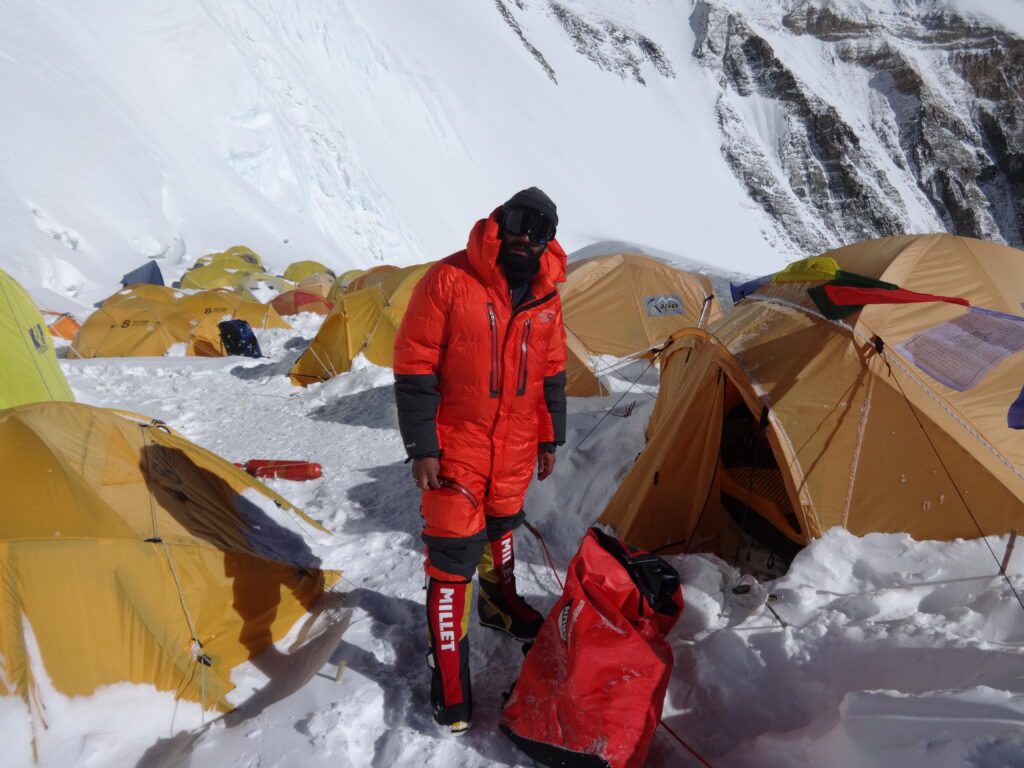
“One of the girls who was in the next camp, I lost her in front of my eyes. She breathed her last in my arms. It was a tragedy and it still gives me nightmares!”
After learning that the earthquake had struck Nepal and Kathmandu was devastated, he knew there wasn’t going to be any help coming his way. He could only reach Kathmandu safely after four days, but resolved to complete the summit someday. He successfully climbed the Everest on 20th May, 2016, from China side, which is the steeper North side, with more commitment and strength. “With God’s grace, I could fulfill my dream. It was more than an achievement. That day, I won over my fears!” recalled Mr. Sharma.
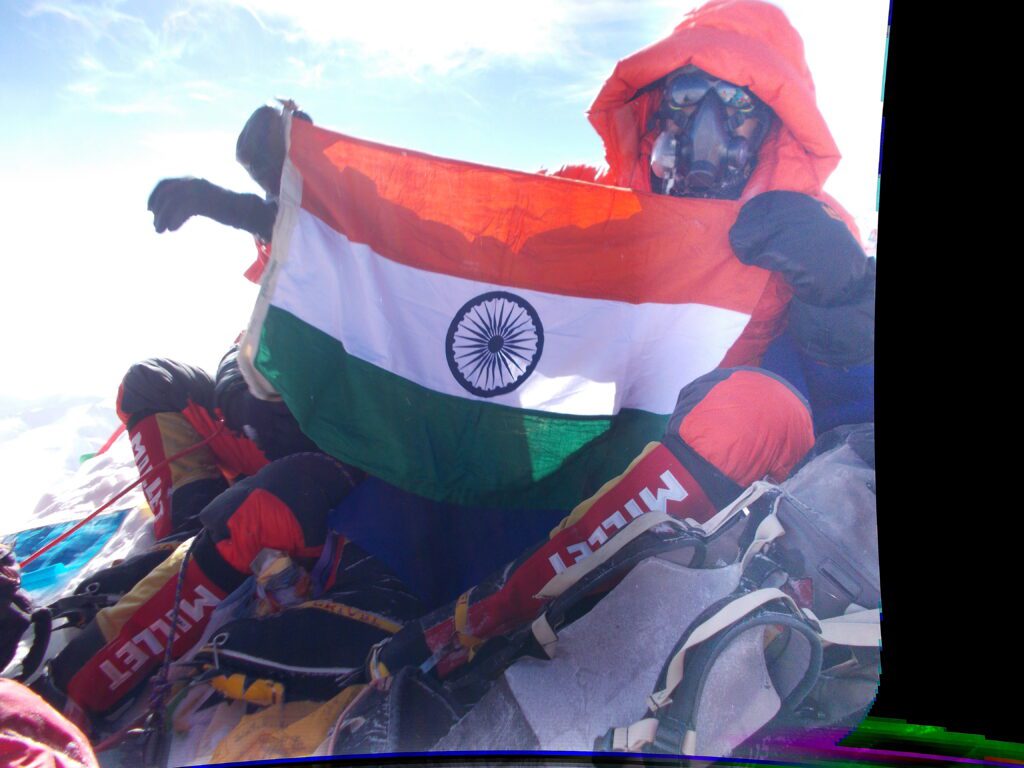
HERO DURING THE SANGLI FLOODS
The 2019 floods of Sangli in Maharashtra were the worst in a hundred years. Mr. Sharma had never seen a flood that bad before, but he and his team worked tirelessly to rescue all the residents stuck in the area. “Last time such a high magnitude flood-hit Sangli was in 1912”, he exclaimed.
He believes that flood is a disaster management situation and requires a three-pronged approach – Information management, meticulous planning rescue, and relief operations, seamless communication, and teamwork. The district was affected badly, thousands of buildings went underwater, and even the police stations were submerged. “We drafted an evacuation plan, conducted patrols, disseminated information to stranded people, thereby reducing panic in them, and conducted patrols. A well-coordinated inter-agency plan was developed, defining the role of all the stakeholders”.

Being part of a high risk rescue operation, he told “An area consisting of 10,000-12,000 people got completely blocked by flood and help couldn’t reach there. I, along with two more people swam the river and reached the place and assisted them with medical, ration needs, and communication requirements. It was risky as it was a crocodile infested river but thankfully, we were fine”.
On 5th August of 2019, the BSNL exchange tower went underwater and entire communication network shut, including all landlines in the government offices. It also meant that the entire BSNL internet went blank. That was the time when Mr. Sharma called up all the operators, such as Jio, Airtel, Vodafone, etc. He figured that Jio was used mostly by the people in the affected areas. He called the service people along with the batteries to repair the Jio tower connections and arranged for special boats to send them to the location, giving them food packets and assuring them that they will be okay. Only when the connection was fixed could they maintain the communication.

PUBLIC COOPERATION DURING COVID
Currently posted as the Deputy Commissioner of police, Mumbai, Mr. Sharma recalls his stand against the ongoing Covid-19 pandemic, in Sangli. “Across the globe, police is known to enforce curfews but it was the first time that Indian Police enforced a ‘curfew-in-trust’, whereby public supported police in regulating lockdowns. Here, the people and police came together, like never before. This indicates that the bond for a stable society rests on the pivot of both, public and police.”
